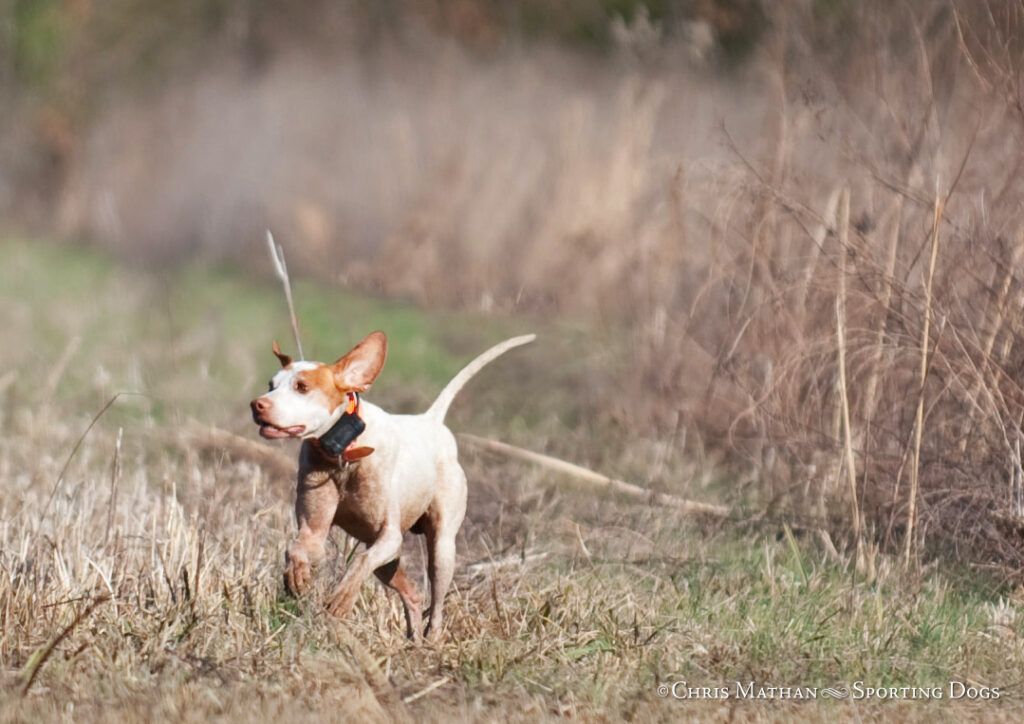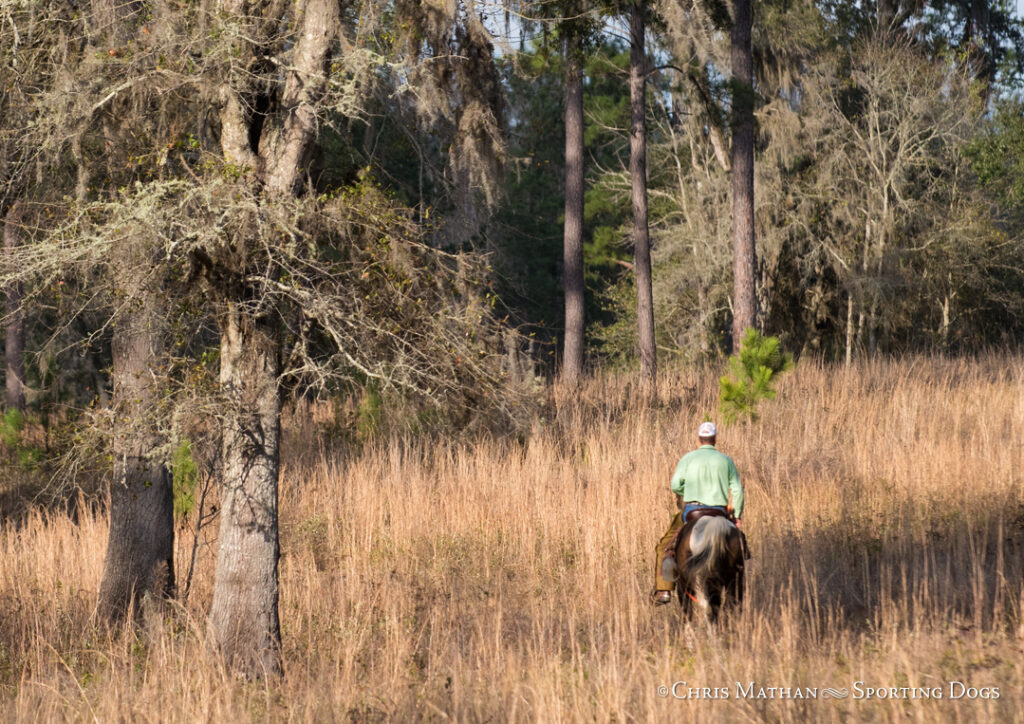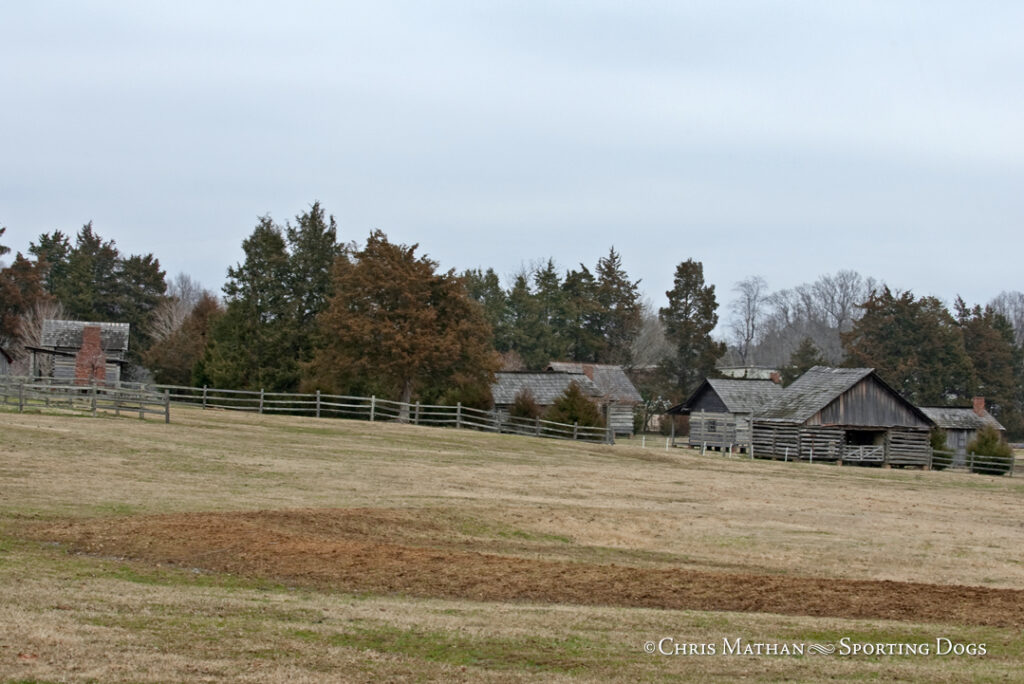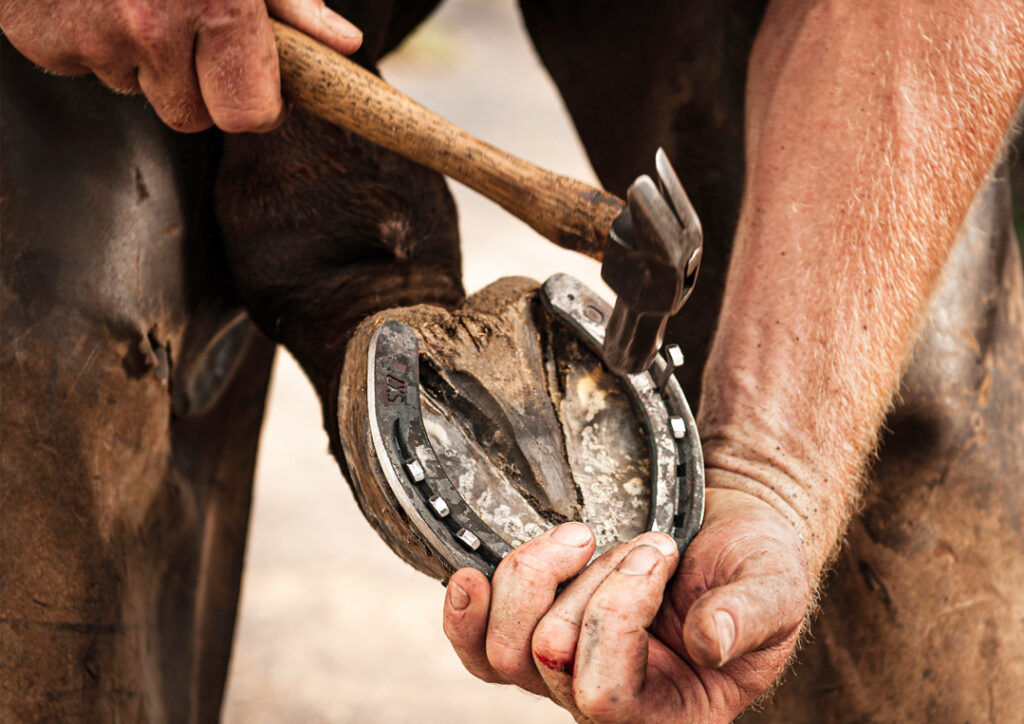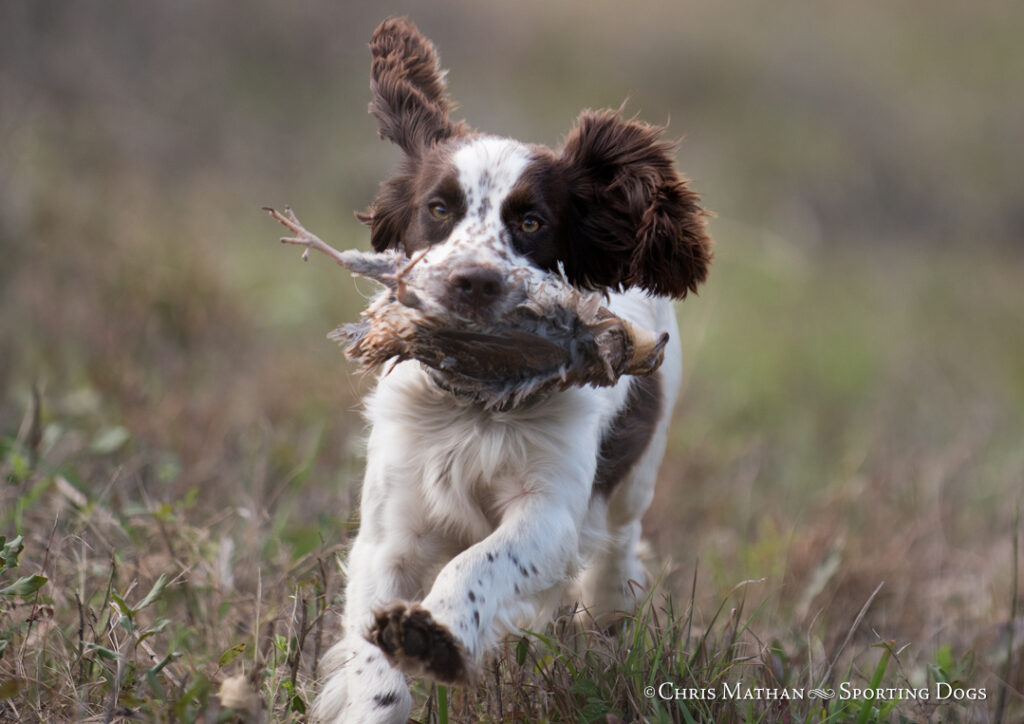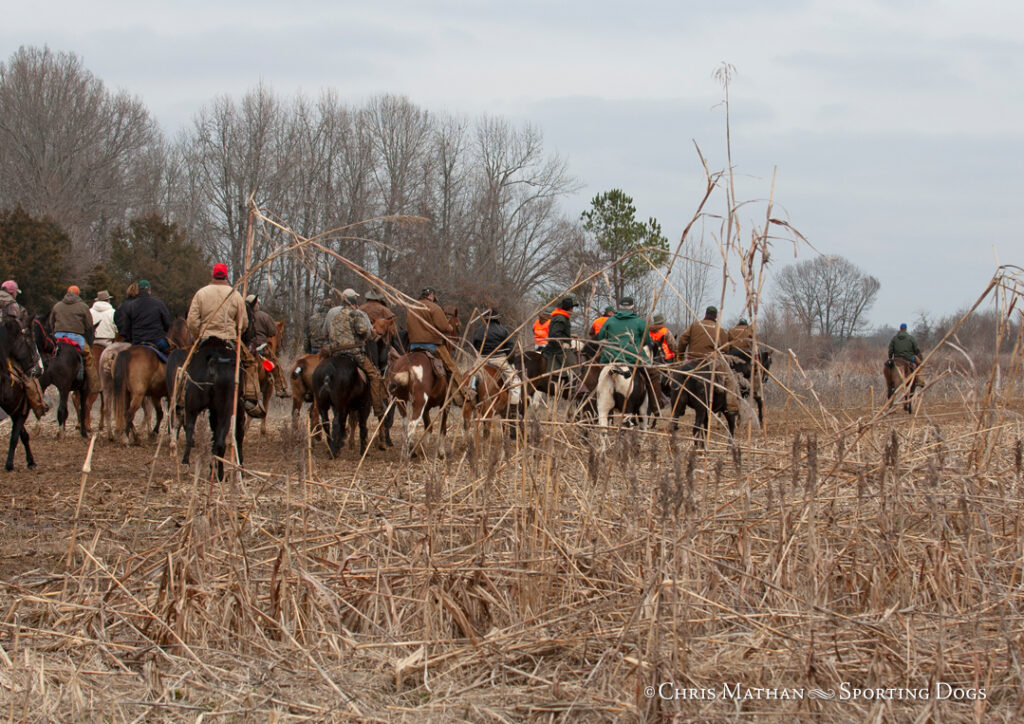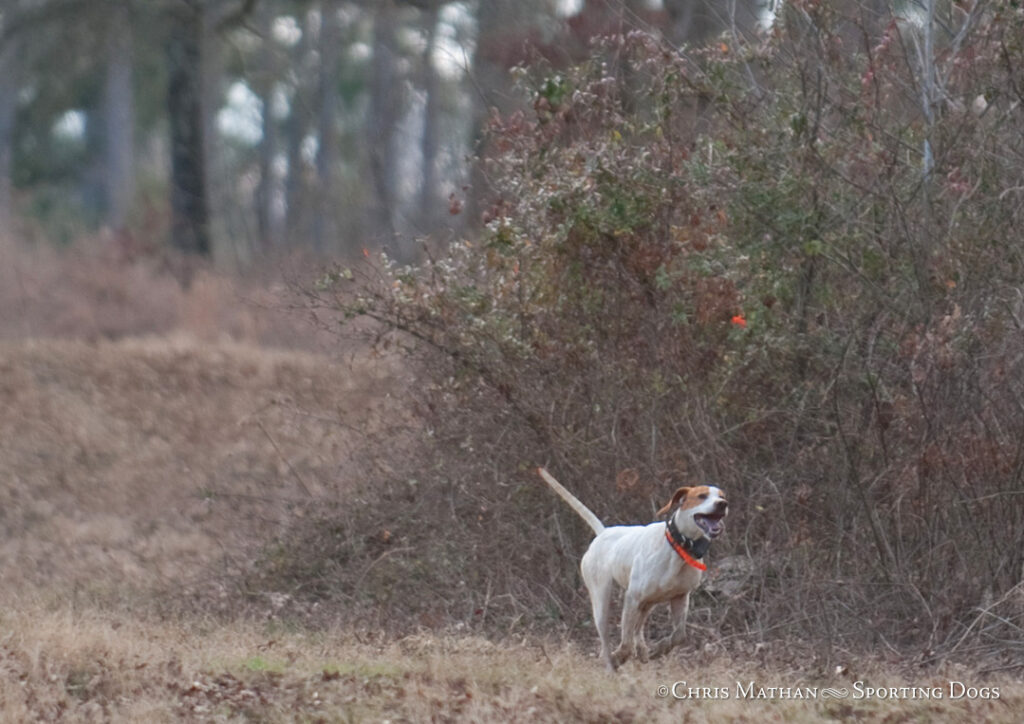
Hurricane Hattie had requalified with a third place in the last qualifier of the season. Should they enter her was the question occupying her owner, Sam Slade, and handler, Mack Bain. Both were ambivalent and unsure of their judgment on the issue.
Hattie was nine years old. She had won the National Championship as a four-year-old. Could she go the three hours now was the issue. Both Sam and Mack judged she could, but they worried about the toll it might take on her. Neither wanted to shorten her good years left. She had won four major all-age championships for them and the Purina All-Age Dog-of-the-Year Award the season she won the National. Why stress her? both asked. Read more
